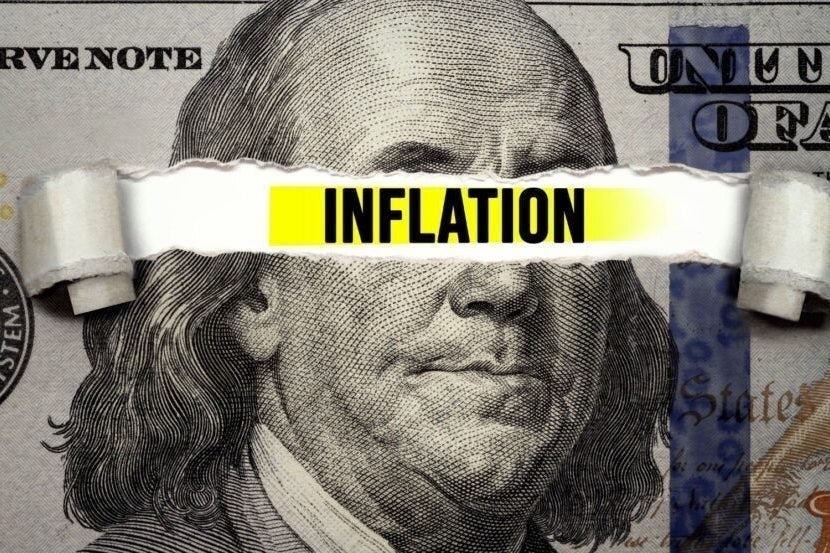
Stock Futures Drop Amid Trade and Earnings Uncertainty
Market Performance and Key Drivers
U.S. stock futures traded lower on Thursday, reflecting increased investor caution amidst conflicting trade policy signals and a slew of corporate earnings reports. Futures tied to the Dow Jones Industrial Average fell 0.59%, while those linked to the S&P 500 and Nasdaq Composite declined 0.5% and 0.67%, respectively. This downturn followed a brief rally earlier in the week, fueled by speculation that the White House might ease tariffs on Chinese imports.
Economic data also influenced market sentiment. Durable goods orders for March showed a modest increase, while the S&P Global Services PMI indicated a slight contraction at 51.4 for April. Corporate earnings added another layer of complexity, with mixed results from industry heavyweights such as International Business Machines (IBM), which saw its shares drop 7% after revealing contract cancellations, and Southwest Airlines, which withdrew its financial forecast due to trade-related uncertainties.
Trade Policy Uncertainty
The market continues to grapple with uncertainty stemming from inconsistent messaging on U.S.-China trade relations. While some reports suggested the White House is open to reducing tariffs, Treasury Secretary Scott Bessent denied any unilateral plans to lower levies, dampening hopes for a swift resolution. Adding to the confusion, the administration announced a probe into medium- and heavy-duty truck imports, potentially setting the stage for more tariffs, while considering tariff exemptions for automakers.
Analysts caution that such unpredictability in trade policy could exacerbate market volatility. Louis Navellier of Navellier Associates highlighted that “ongoing tariff turmoil is leaving investors scrambling to adjust to rapid policy shifts.” Ed Yardeni of Yardeni Research echoed these concerns, describing the situation as a “new world disorder” that could have lasting economic repercussions.
Investment Strategies in Volatile Markets
Given the heightened market volatility, experts recommend focusing on high-quality investments. Scott Wren of Wells Fargo advises investors to prioritize large- and mid-cap equities with strong balance sheets, dependable cash flows, and robust share buyback capabilities. These characteristics, he notes, can provide greater resilience during economic uncertainty.
Diversification remains a cornerstone of investment strategy. Experts emphasize spreading investments across sectors with long-term growth potential, such as Information Technology, Financials, and Communication Services. According to Wren, "Maintaining a diversified portfolio is essential to weather market fluctuations while pursuing growth opportunities." Many analysts view market pullbacks as an opportunity for long-term investors to establish or expand positions in fundamentally strong sectors and companies.
 Sources
Sources- Stock Futures Drop Amid Mixed Signals White House US-China Trade: 'Focus Quality Diversified Manner,
 benzinga
benzinga - stock futures slip investors assess trade developments, earnings reports
 yahoo
yahoo - Stock market today: Dow, S&P 500, Nasdaq futures slip trade hopes dim mixed tariff signals
 yahoo
yahoo
- Stock Futures Drop Amid Mixed Signals White House US-China Trade: 'Focus Quality Diversified Manner,
 benzinga
benzinga - stock futures slip investors assess trade developments, earnings reports
 yahoo
yahoo - Stock market today: Dow, S&P 500, Nasdaq futures slip trade hopes dim mixed tariff signals
 yahoo
yahoo




